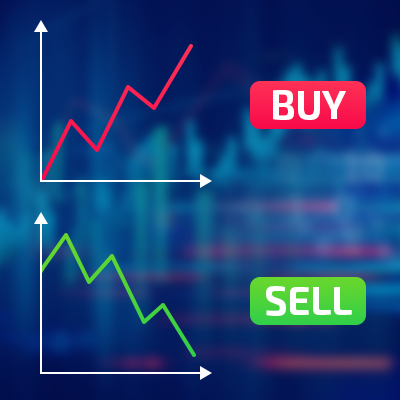Understanding the basics of foreign exchange trading
In the world of finance, foreign exchange (forex) trading involves the buying and selling of currencies. It’s a decentralized global market where currencies are traded electronically 24 hours a day, five days a week.

Image: youronlinetips.info
When you buy a currency, you’re essentially exchanging one currency for another. For example, if you’re a US citizen and you want to buy euros, you would exchange your US dollars for euros at the current market rate. You would then hope that the value of the euro increases against the US dollar, so that when you sell your euros back you can make a profit.
The same principle applies when you sell a currency. You’re exchanging one currency for another in the hope that the value of the currency you’re selling will decrease against the currency you’re buying. This can be a profitable strategy if you time the market correctly, but it’s also important to remember that forex trading is a high-risk, high-reward activity.
There are a number of factors that can affect the value of currencies, including economic data, political events, and natural disasters. It’s important to keep up-to-date on the latest news and events that could impact the value of the currencies you’re trading.
If you’re considering getting involved in forex trading, it’s important to do your research and understand the risks involved. You should also only trade with money that you can afford to lose.
Benefits of forex trading
There are a number of benefits to forex trading, including:
• High liquidity: The forex market is the most liquid market in the world, with trillions of dollars traded each day. This means that you can easily buy and sell currencies without having to worry about finding a counterparty.
• 24/5 trading: The forex market is open 24 hours a day, five days a week. This means that you can trade whenever it’s convenient for you.
• Leverage: Forex brokers offer leverage, which allows you to trade with more money than you have in your account. This can increase your potential profits, but it also increases your risk.
• Potential for high profits: Forex trading can be a very profitable activity, but it’s important to remember that there is also the potential for significant losses.
Risks of forex trading
There are a number of risks associated with forex trading, including:
• Volatility: The value of currencies can fluctuate rapidly, which can lead to losses if you’re not careful.
• Leverage: Leverage can increase your potential profits, but it also increases your risk. If the market moves against you, you could lose more money than you have in your account.
• Counterparty risk: When you trade forex, you’re essentially entering into a contract with another party. If the other party defaults on the contract, you could lose money.
• Liquidity risk: In some cases, the forex market can become illiquid. This means that it may be difficult to buy or sell currencies at the desired price.

Image: www.fibogroup.mx
What Does Buying And Selling Mean In Forex
How to get started with forex trading
If you’re interested in getting started with forex trading, there are a few things you need to do:
- Open a forex trading account with a regulated broker.
- Fund your account with the amount of money you’re willing to risk.
- Choose a trading strategy.
- Place your trades.
It’s important to remember that forex trading is a high-risk, high-reward activity. You should only trade with money that you can afford to lose.






